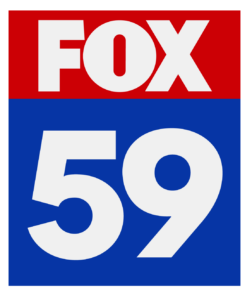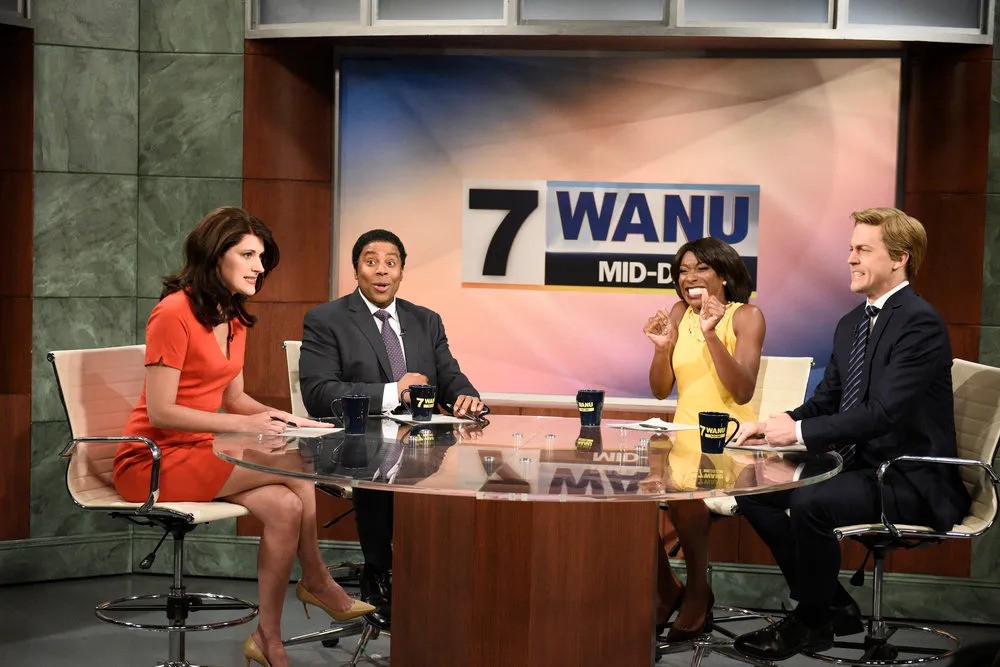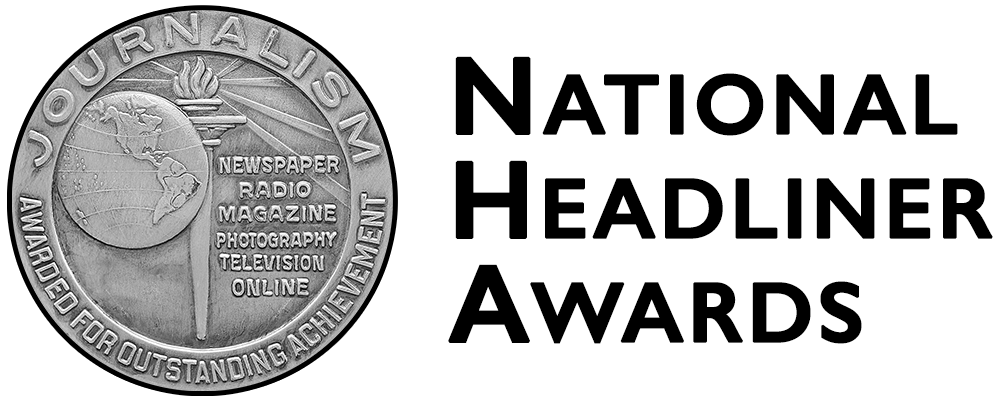WHERE THINGS STAND AS DTV CONVERSION LOOMS
With just 262 days before Feb. 17, 2009—the historic end of full-power analog television and the dawn of the all-digital era, I offer this snapshot of DTV conversion activity in and involving Washington.
Activity is centered at the FCC with the NTIA and local broadcasters also playing major roles. The FCC:
- Set Sept. 8, 2008, as the start of a trial run analog cut-off by volunteer stations in Wilmington, N.C. The goal is to identify any glitches in the transition before the nationwide rollout. Critics question the national applicability of what happens in this small market.
- Expects to announce, very soon, the opening of a filing window for new applications by stations to maximize their authorized DTV facilities. This would end a long freeze and give first filers in their markets priority over later filers. The window opening had been slated for August. [Editor’s note: Berg was on the mark when he said the FCC would open the window “very soon.” The FCC acted later the same day this column appeared.]
- May exempt digital stations, before or during its June 12 public meeting, from the requirement of immediate updating of on-screen program guides when programs are preempted or run longer than scheduled. The Association for Maximum Service Television sought the exemption.
- Requires certain stations with digital technical issues to file applications with the FCC by June 19.
- Continues to impose $1 million-and-above fines for violations of DTV requirements by set makers, retailers and others involved in the conversion process. For example, the FCC affirmed a $1.27 million fine against Syntax-Brillian for importing and shipping interstate TV sets unable to receive DTV broadcast signals over-the-air. Fines have also been levied against retailers for failing to post signs indicating that sets will not pick up digital signals as of the transition date.
- Requires all television stations to file with the FCC by July 10, 2008, the second quarterly report (FCC Form 388) on all station DTV consumer education activities, mandatory and voluntary, on- and off-air, done during April, May and June. The first report had to be filed April 10. Comments may be filed by June 18, and reply comments by July 3, to the FCC’s April 23 Further Notice of Proposed Rulemaking asking, among other things, if cable and satellite operators should be required, as television stations are, to do on-air DTV education on their systems.
- Is granting “flash-cut” applications by individual stations to go single-channel, all-digital before the required date.
Meanwhile, the National Telecommunications and Information Administration is waist-deep in administering the national $1.5 billion TV Converter Box Coupon Program. TV households may apply for one or two $40 coupons to be used within 90 days of issuance toward purchase of certified converter boxes from authorized retailers.
By downconverting digital signals to improved analog, the boxes enable over-the-air-only analog TV sets to continue to receive full-power broadcast television signals after the transition. These coupons can forestall the loss of viewers who will not subscribe to cable, satellite or telco TV, or have digital sets, by next Feb. 17.
As of May 21 NTIA reported that
- Viewers had requested 14.6 million coupons, an average of 103,500 per day.
- The NTIA approved coupons for 7.7 million households.
- 1.9 million coupons had been redeemed.
- Coupon-eligible converter boxes were available at 18,494 retail locations nationwide.
In addition, June 9 is the deadline for comments to NTIA about proposed expansion of its coupon eligibility rules to include nursing home residents and other “non-standard TV households.” Without changes, those viewers may be unable to get coupons.
Local efforts to publicize the transition and include all viewers in it, some with the participation of the FCC, NTIA, NAB and other Washington-based groups, are occurring around the nation.
In San Francisco this month, Asian-language KTSF hosted a meeting of leaders of 66 Asian community organizations to focus on the transition and the challenges it poses to millions of viewers whose main language is not English. FCC and NTIA representatives participated in the meeting as part of a national consumer education effort with local organizations around the country. KTSF has also translated NAB transition public service announcements into different Asian languages.
From June through the end of the year, 11 volunteer Orlando stations will conduct one-minute analog shut-off tests to get the attention of over-the-air-only viewers.
The U.S. Government Accountability Office released a periodic DTV conversion progress report to Congress on April 30. Based on survey responses by 1,122 television stations, the GAO concluded that most stations are ready for the transition but some still need to complete construction, relocate their digital channel, receive coordination agreements from Canada or Mexico or coordinate with cable and satellite operators to assure digital signal carriage come Feb. 17.
Low-power stations and translators will convert to digital-only at a date not yet set after the full-power conversion. Meanwhile, representatives of these stations have expressed concerns that NTIA coupon-eligible converter boxes now being sold will cut off LPTV analog reception next February, and that the FCC LPTV conversion process thus far is flawed. Pending at the FCC is a December 2007 petition for a ruling that the All Channel Receiver Act requires that converter boxes include analog tuners. A U.S. Court of Appeals has denied an LPTV group’s petition to require the FCC to grant that petition.
This column on TV law and regulation by Michael D. Berg, a veteran Washington, D.C. communications lawyer and the principal in the Law Office of Michael D. Berg, appears monthly. He is also the co-author of FCC Lobbying: A Handbook of Insider Tips and Practical Advice. He can be reached at [email protected] or 202-298-2539.
Note: This article provides general guidance only and is not a substitute for individualized legal advice for particular situations.

























Comments (0)